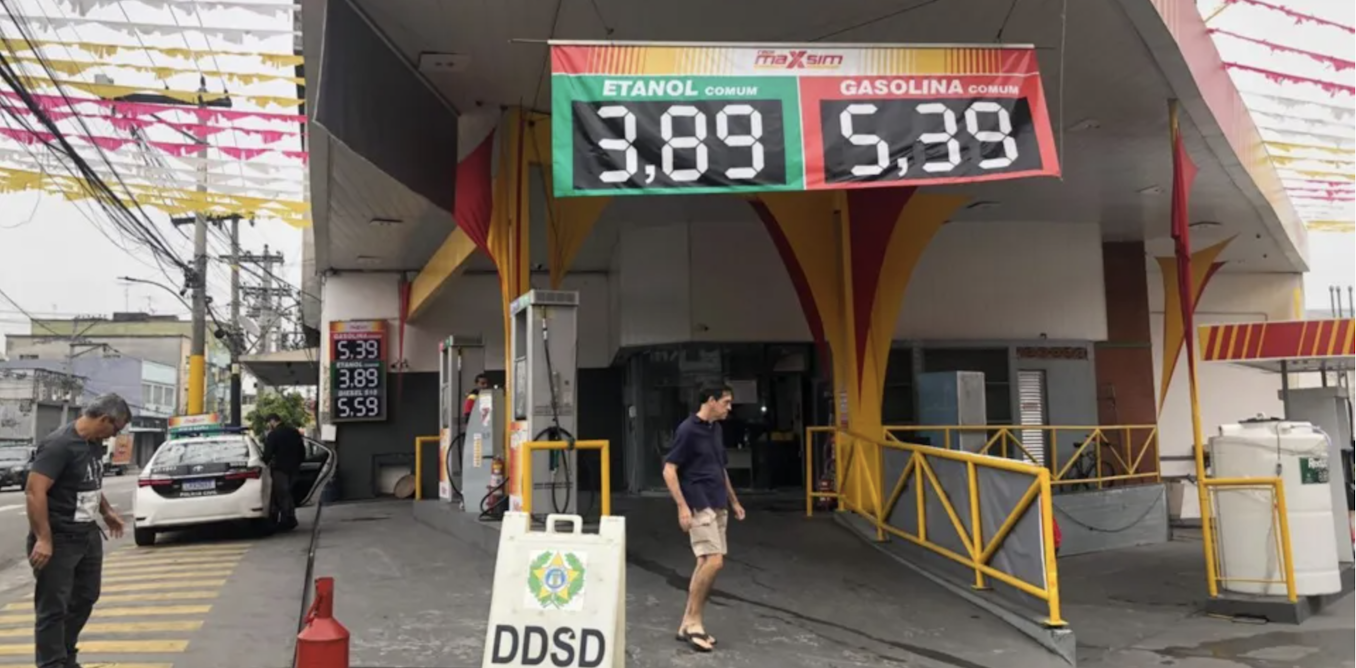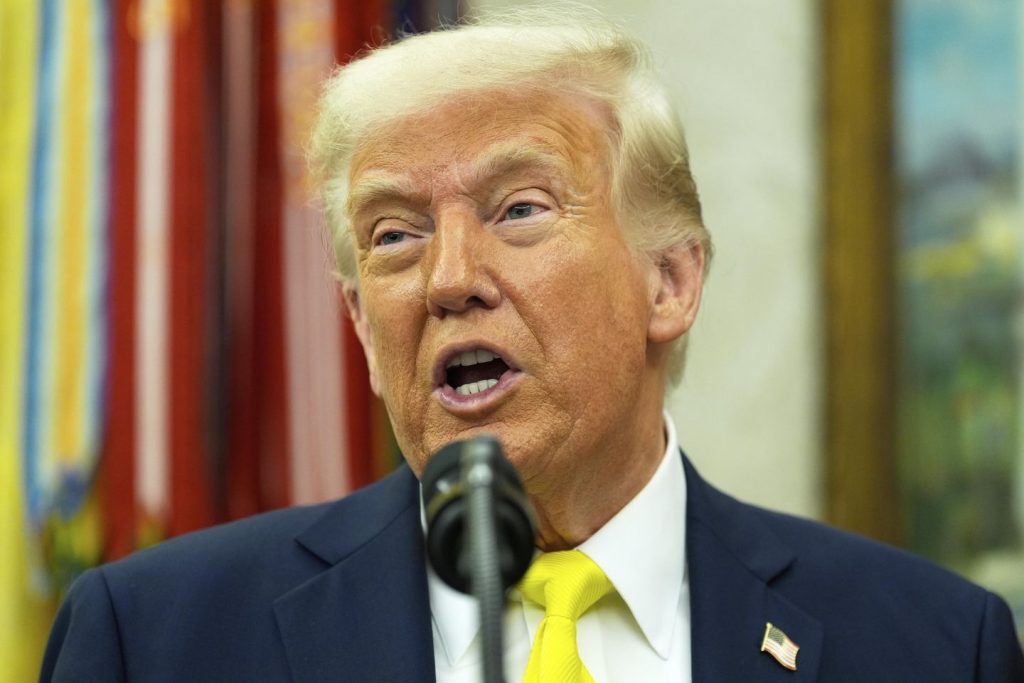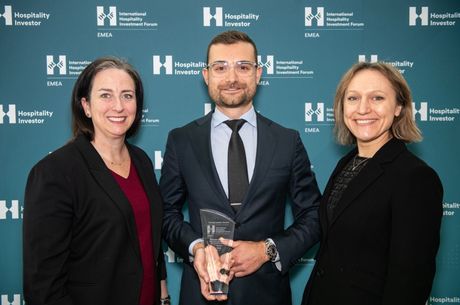Now Reading: The rise of Brazil’s fuel mafias and their gas station money laundering machines
-
01
The rise of Brazil’s fuel mafias and their gas station money laundering machines
The rise of Brazil’s fuel mafias and their gas station money laundering machines

Brazil’s federal police have uncovered a criminal network that had infiltrated the country’s fuel distribution chains. Gas stations that appeared ordinary were actually part of a vast money laundering operation involving diesel and ethanol. Justice Minister Ricardo Lewandowski revealed that more than 1,000 service stations nationwide were controlled by organized crime groups.
The situation escalated when Rio de Janeiro’s state police conducted raids against the “fuel mafia,” dismantling a scheme that sold millions of liters of adulterated fuel and exposed a network of ghost companies producing fake invoices.
Organized crime in Brazil is expanding beyond traditional activities like narcotics and arms trafficking into the fuel sector. Criminal groups such as Primeiro Comando da Capital (PCC), Comando Vermelho (CV), and militia factions are now involved in fuel theft, smuggling, tax evasion, and money laundering. This shift highlights the adaptability of Brazil’s criminal underworld in exploiting legitimate markets.
Fuel theft is not new in Brazil, with major distributors like Ale, BR, Ipiranga, and Raizen warning about criminal infiltration. The illegal activities have significant costs, with gas stations generating $3.89 billion in illegal profits in 2021, according to industry reports.
A study by the Brazilian Public Security Forum in 2022 showed that criminal organizations earned approximately $25.4 billion from various sectors, including fuel, surpassing revenues from cocaine trafficking. Additionally, annual losses from cargo theft, fuel-related robberies, and fraud totaled $29 billion. About 13 billion liters of fuel were traded through irregular means annually, according to Vibra Energia.
Organized criminal groups utilize multiple tactics in the fuel sector, including operating pirate gas stations that sell adulterated and stolen fuel. In recent years, police have uncovered hundreds of gas stations linked to individuals involved in fuel-related crimes. Tax fraud and evasion are also prevalent, with criminals exploiting tax discrepancies in different states to profit from fuel sales.
Efforts to combat organized crime in the fuel sector face challenges, including lengthy legal proceedings and the complexity of criminal operations. Enhanced tracking technologies and intelligence sharing are key components in disrupting criminal activities. Petrobras and other companies have implemented advanced security measures to safeguard pipelines, refineries, and petrol stations.
Legislation and regulatory reforms are necessary to increase penalties for fuel-related criminal activities. Recent bills aim to tackle tax evasion and mandate real-time reporting of fuel sales to enhance traceability. A new Parliamentary Commission of Inquiry focusing on the link between organized crime and fuel is set to launch, while law enforcement agencies are preparing a broad investigation into related activities.
Addressing the infiltration of organized crime in Brazil’s fuel sectors requires a coordinated national strategy, industry cooperation, and stringent enforcement measures. Without immediate action, organized crime will continue to undermine Brazil’s vital fuel sector.






